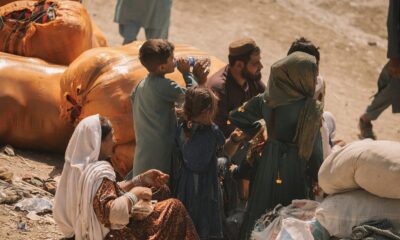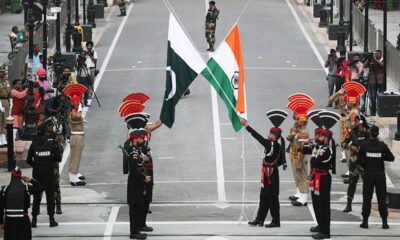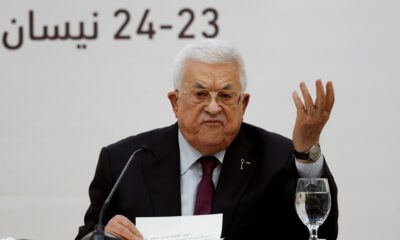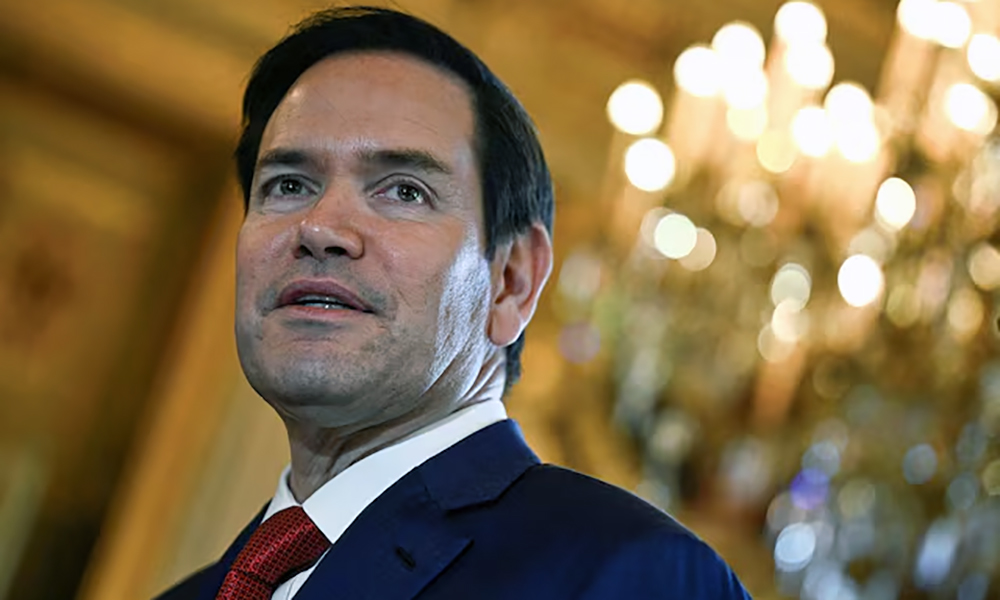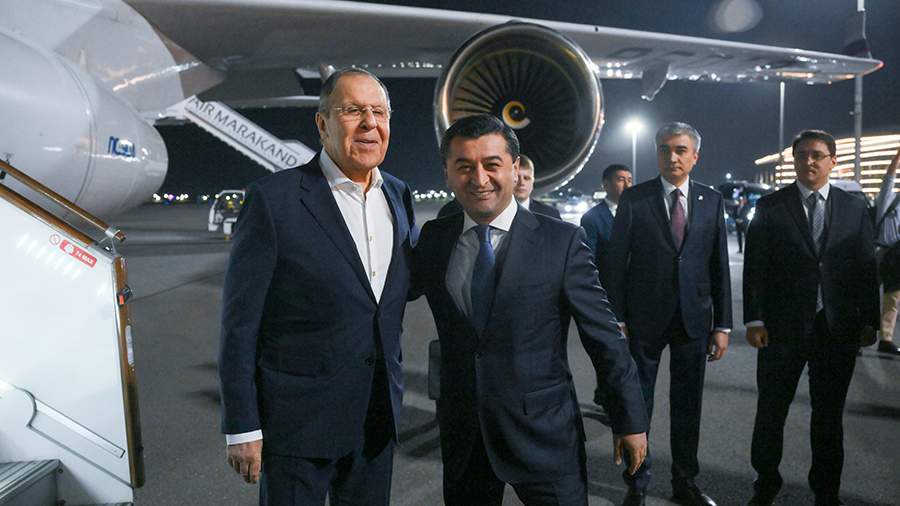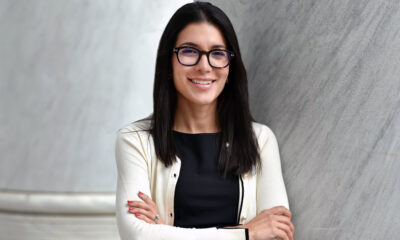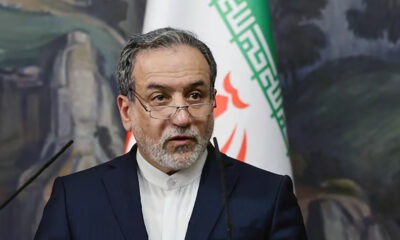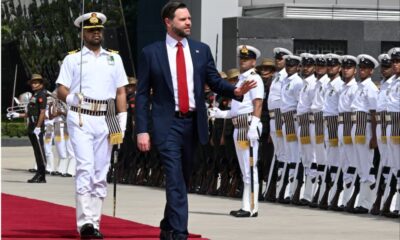A key aide of former Pakistan prime minister Imran Khan said on Thursday that the jailed leader had nominated Omar Ayub Khan as a candidate in a parliamentary vote to elect a new premier following last week’s national elections.
The party also announced countrywide protests against what it called widespread rigging against it in the polls. The election commission has denied such accusations and said legal forums would address any specific concerns, Reuters reported.
The polls did not return a clear majority for anyone, but independent candidates backed by Khan won 92 out of 264 seats making them the largest group. Khan ruled out alliances with the three largest parties, which means his candidate currently lacks the numbers to form government.
“Omar Ayub will be our candidate for the prime minister election, he has been nominated by Imran Khan” Asad Qaiser, a senior leader of Khan’s Pakistan Tehreek-e-Insaaf (PTI) party told journalists after meeting the former premier in prison.
Qaiser said PTI would reach out to other parties to discuss supporting Ayub’s candidature. Khan’s opponents have already announced an alliance to form a minority government.
Khan’s supporters ran as independents because they were barred by the election commission on technical grounds from contesting the polls under his party’s electoral symbol.
Despite the ban and Khan’s imprisonment for convictions on charges ranging from leaking state secrets to corruption, millions of the former cricketer’s supporters came out to vote for him, even though he cannot be part of any government while he remains in prison.
Ayub is currently in hiding, and is wanted in various investigations by law enforcement, including charges of being a part of rioting that followed Imran Khan’s arrest.
He contested and won a seat in the election despite his absence from the campaign. He had previously been a member of the party of Khan’s main rival Nawaz Sharif as well as the ruling party of former military ruler General Pervez Musharraf.
Ayub is the grandson of Pakistan’s first military dictator Ayub Khan who ruled Pakistan from 1958 to 1969.
COUNTRYWIDE PROTESTS
Khan and his party say that the election results were rigged against their candidates, who should have won even more seats. They have challenged a number of results before the election commission.
The party also called on its supporters to take part in nationwide protests against the alleged rigging on Saturday. PTI’s interim chief, Gohar Ali Khan, said he was inviting other parties that also believed the polls were unfair to join the protest.
PTI supporters have already been protesting in various parts of the country, including the northwestern Khyber-Pakhtunkhwa and southwestern Balochistan, where a number of roads and highways were blocked by protesters.
Questions have been raised about the fairness of last week’s election, both inside Pakistan as well as major foreign capitals.



